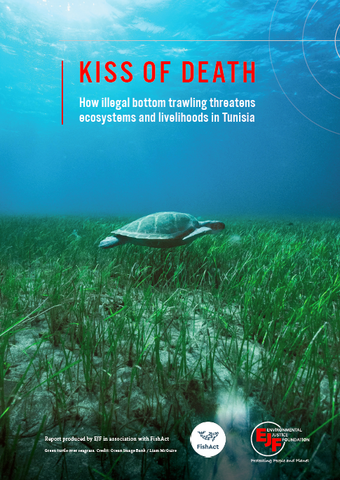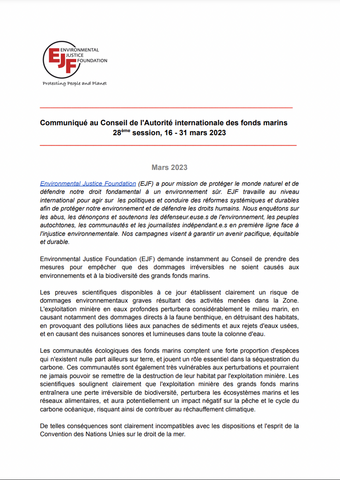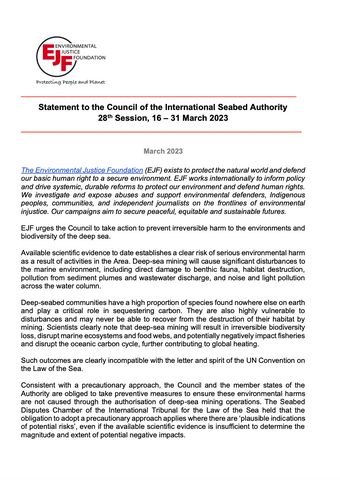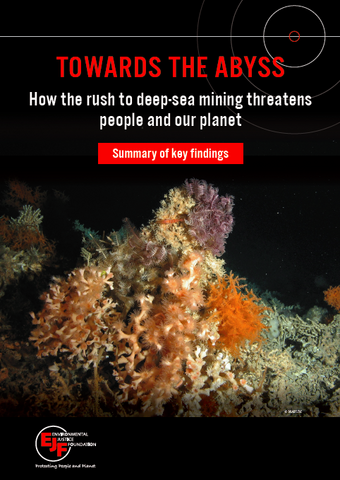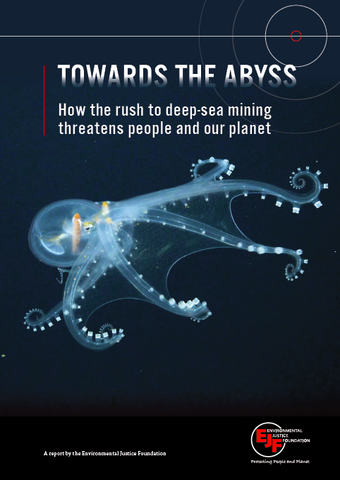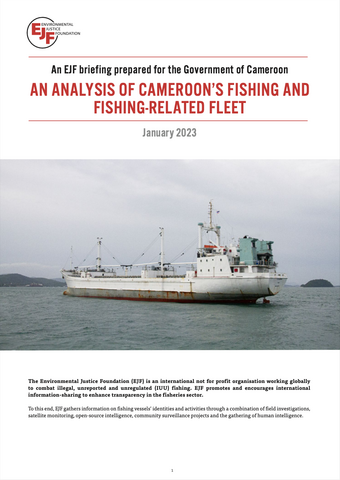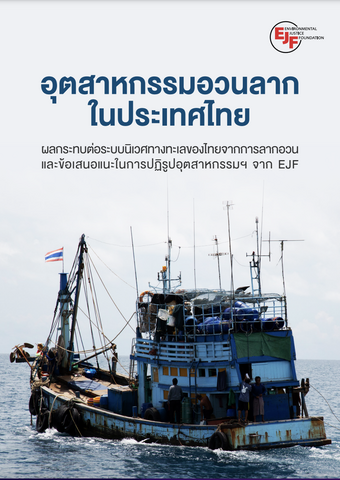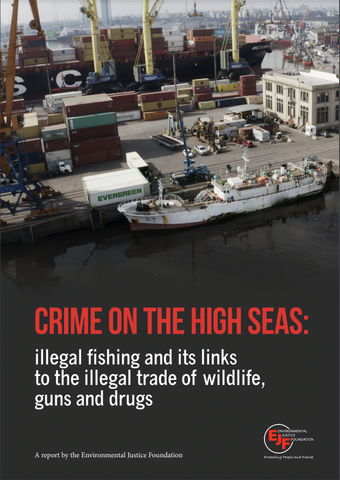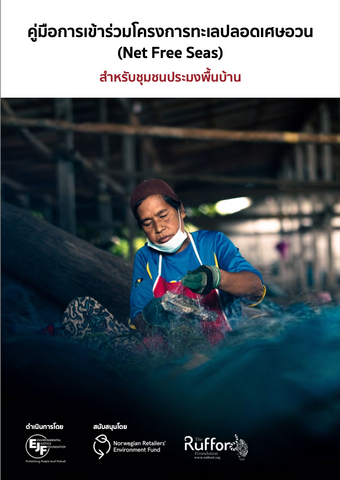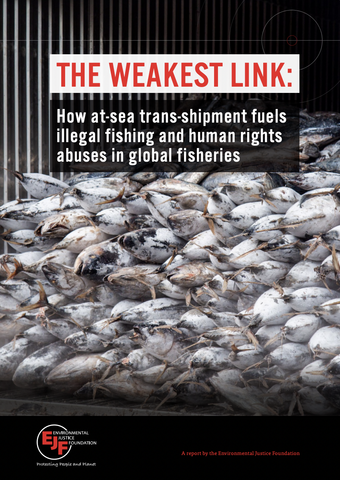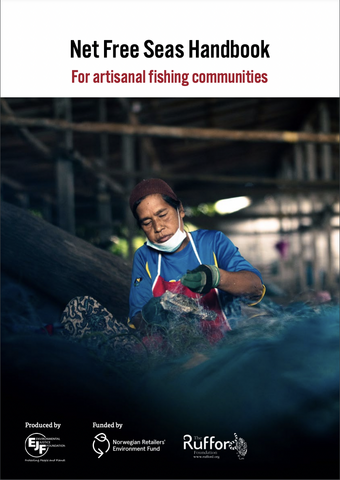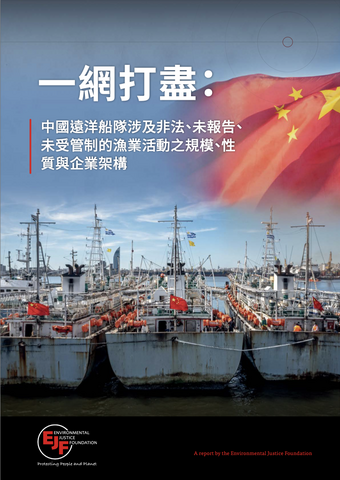Kiss of death: How illegal bottom trawling threatens ecosystems and livelihoods in Tunisia: The Gulf of Gabès in Tunisia is exceptionally important, but its local traditions, economies and rich marine habitats are disappearing. A form of illegal bottom trawling known as kiss trawling is responsible - immediate action is needed to end it.
Crime on the high seas: illegal fishing and its links to the illegal trade of wildlife, guns and drugs: A lack of transparency aboard vessels that engage in at-sea trans-shipments has created a fertile breeding ground for criminal trafficking of wildlife, drugs and weapons. The international community must introduce reforms to put an end to crime on the high seas.
The weakest link: how at-sea trans-shipment fuels illegal fishing and human rights abuses in global fisheries: Unmonitored at-sea trans-shipments allow vessels to operate in the shadows, engaging in illegal, unreported and unregulated fishing as well as human rights abuses. Our report offers a set of reforms to facilitate the improved monitoring, control and surveillance of at-sea trans-shipments.
